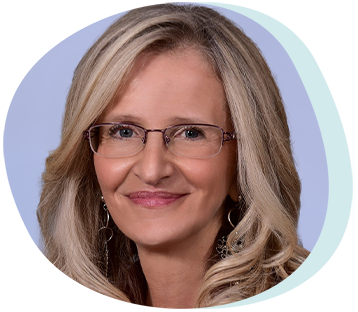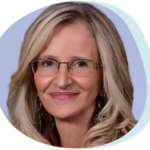
Eating Disorder Basics
Information
Date & Time
-
-
Educational Goal
Participants are expected to gain knowledge in assessing for eating disorders.
Description
Many clinicians do not plan to treat people with eating disorders, but it is still important to be able to recognize one and appropriately refer without engaging in behavior or conversations that inadvertently exacerbate eating disorders. Participants will learn about diet culture, wellness culture and eating disorder diagnoses with a focus on the ones that are typically missed: OSFED, ARFID and UFED. Participants will develop a basic understanding of how eating disorders serve as complex coping mechanisms. They will be able to use six specific questions to screen clients to determine when they have crossed the line from “diet/wellness culture” to disordered eating and full blown eating disorders. Participants will have the opportunity to identify their own biases and then develop an understanding of the ways in which society becomes hostile to recovery. Participants will have an understanding of the gold standard, Intuitive Eating, and best practice, Health At Every Size models, and learn language that does not exacerbate clients symptomatology. The workshop rounds out with learning about the levels of care and how to make a referral for further treatment.
Target Audience
- Counselor
- Marriage & Family Therapist
- Psychologist
- Social Worker
- Substance Use Disorder Professionals
Presenters

Monika Ostroff, LICSW, CEDS-S is the Executive Director of the Multi-Service Eating Disorders Association, Inc. Monika is a Certified Eating Disorders Specialist and Supervisor, nationally recognized for her 25+ years of experience and contributions to the eld of eating disorders. She has directed several successful residential, partial hospital and intensive outpatient eating disorder programs in addition to having owned a thriving private practice. Monika is the co-author ofAnorexia Nervosa: A Guide to Recovery and a contributing author to Self-Harm Behavior and Eating Disorders. She has presented at many national conferences, taught at the university level, and appeared on several radio and television broadcasts. Monika’s passion for treating eating disorders and mentoring other professionals was borne out of her own struggle and full recovery from a lengthy, severe eating disorder. She strongly believes in providing compassionate care that combines alternative healing with evidence-based modalities. In addition to using meditation, yoga, and essential oils, she is certified in several alternative modalities.